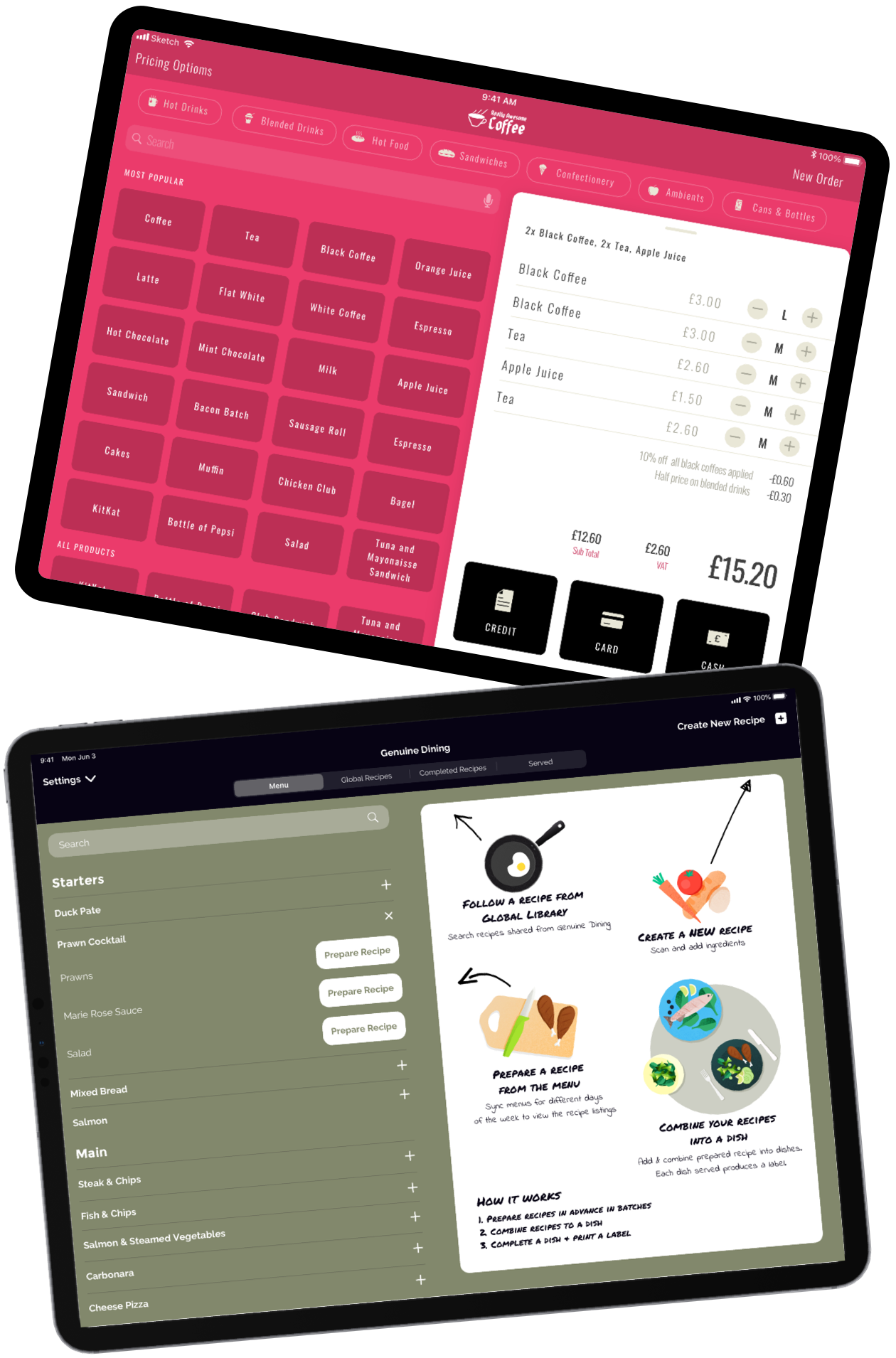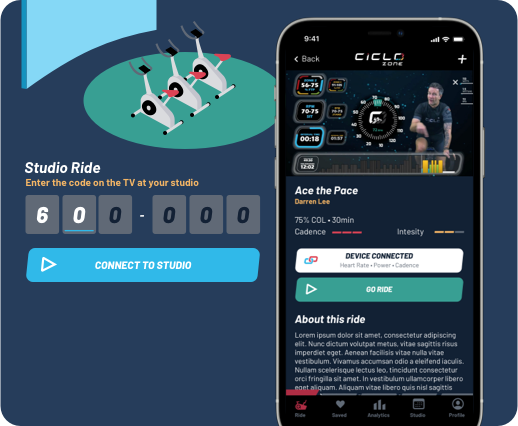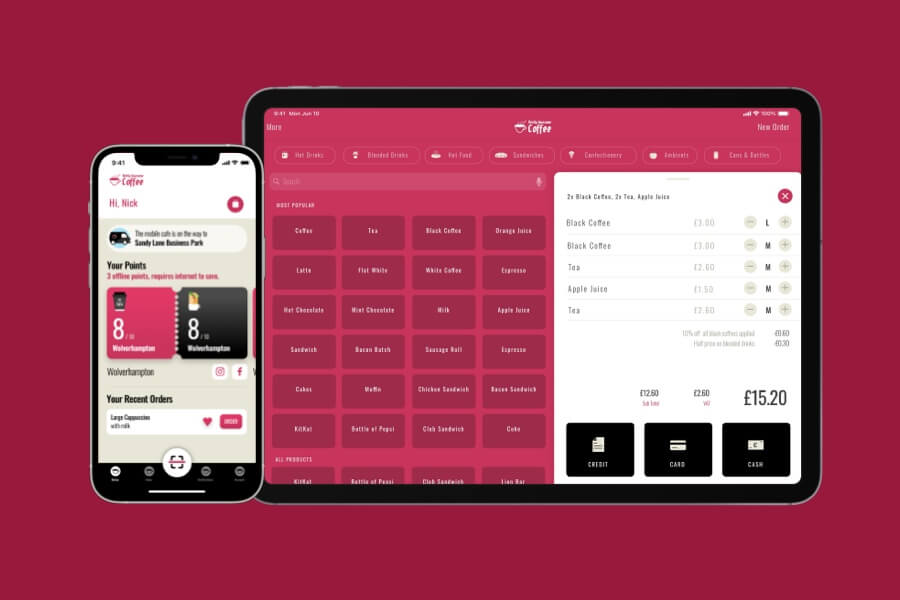Frequently Asked Questions
Why use Swift for iOS development?
Swift delivers fast, stable, and safe iOS apps. It’s built for Apple platforms and offers a modern development experience with native performance. Compared to older languages like Objective-C, Swift reduces development time and increases app reliability. It’s ideal for businesses seeking high performance and low maintenance.
What are the advantages of Swift over Objective-C?
Swift uses cleaner syntax and compiles faster, making it easier to write and maintain. It also results in fewer bugs and better memory safety. For projects involving legacy Objective-C code, Swift remains compatible and can be integrated without rewriting everything from scratch.
How does Swift improve app performance?
Swift compiles to native machine code, allowing apps to run quickly and efficiently. It uses low memory overhead and includes compiler optimisations that boost runtime performance. Swift apps can access hardware features directly, improving UI responsiveness and load times.
Is Swift suitable for beginners or non-technical teams?
Absolutely. While Swift is a technical language, our team translates ideas into practical code. Clients don’t need development knowledge to engage with us. We provide clear, jargon-free communication and full project visibility from start to finish.
What tools are used in Swift development?
We use Xcode for development, Interface Builder for layout, SwiftUI and UIKit for UI components, and XCTest for unit testing. Apple’s suite of tools supports thorough testing, simulation, and deployment to ensure app quality and performance.
How do I get started with a Swift app project?
The process begins with a discovery call. We’ll discuss your goals, users, features, and existing infrastructure. From there, we scope the work, recommend the right tech stack, and outline timelines and deliverables. You’ll have everything you need to make an informed decision.
What are best practices for Swift development?
Clean code structure, modular design, reusable components, and consistent formatting are key. We also implement unit testing, performance profiling, and accessibility compliance. This helps us deliver reliable apps that are easy to update and built to scale.
Book a Free Discovery Call






